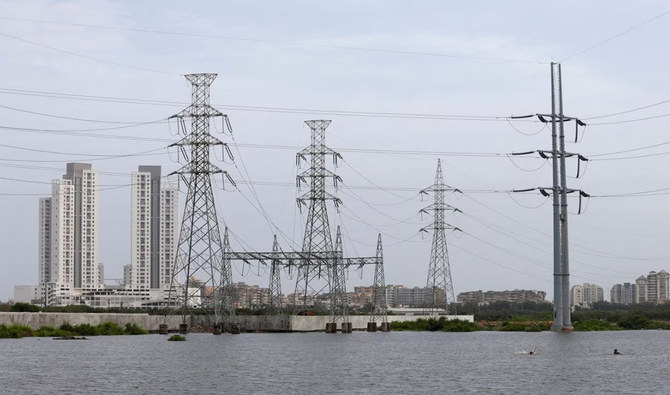ISLAMABAD: Pakistan plans to quadruple its domestic coal-fired capacity to reduce power generation costs and will not build new gas-fired plants in the coming years, its energy minister told Reuters on Monday, as it seeks to ease a crippling foreign-exchange crisis.
A shortage of natural gas, which accounts for over a third of the country’s power output, plunged large areas into hours of darkness last year. A surge in global prices of liquefied natural gas (LNG) after Russia’s invasion of Ukraine and an onerous economic crisis had made LNG unaffordable for Pakistan.
“LNG is no longer part of the long-term plan,” Pakistan Energy Minister Khurram Dastgir Khan told Reuters, adding that the country plans to increase domestic coal-fired power capacity to 10 gigawatts (GW) in the medium-term, from 2.31 GW currently.
Pakistan’s plan to switch to coal to provide its citizens reliable electricity underscores challenges in drafting effective decarbonization strategies, at a time when some developing countries are struggling to keep lights on.
Despite power demand increasing in 2022, Pakistan’s annual LNG imports fell to the lowest levels in five years as European buyers elbowed out price-sensitive consumers.
“We have some of the world’s most efficient regasified LNG-based power plants. But we don’t have the gas to run them,” Dastgir said in an interview.
The South Asian nation, which is battling a wrenching economic crisis and is in dire need of funds, is seeking to reduce the value of its fuel imports and protect itself from geopolitical shocks, he said.
Pakistan’s foreign exchange reserves held by the central bank have fallen to $2.9 billion, barely enough to cover three weeks of imports.
“It’s this question of not just being able to generate energy cheaply, but also with domestic sources, that is very important,” Dastgir said.
The Shanghai Electric Thar plant, a 1.32 GW capacity plant that runs on domestic coal and is funded under the China-Pakistan Economic Corridor (CPEC), started producing power last week. The CPEC is a part of Beijing’s global Belt and Road Initiative.
In addition to the coal-fired plants, Pakistan also plans to boost its solar, hydro and nuclear power fleet, Dastgir said, without elaborating.
If the proposed plants are constructed, it could also widen the gap between Pakistan’s power demand and installed power generation capacity, potentially forcing the country to idle plants.
The maximum power demand met by Pakistan during the year ended June 2022 was 28.25 GW, more than 35 percent lower than power generation capacity of 43.77 GW.
It was not immediately clear how Pakistan will finance the proposed coal fleet, but Dastgir said setting up new plants will depend on “investor interest,” which he expects to increase when newly commissioned coal-fired plants are proved viable.
Financial institutions in China and Japan, which are among the biggest financiers of coal units in developing countries, have been backing out of funding fossil-fuel projects in recent years amid pressure from activists and Western governments.
















